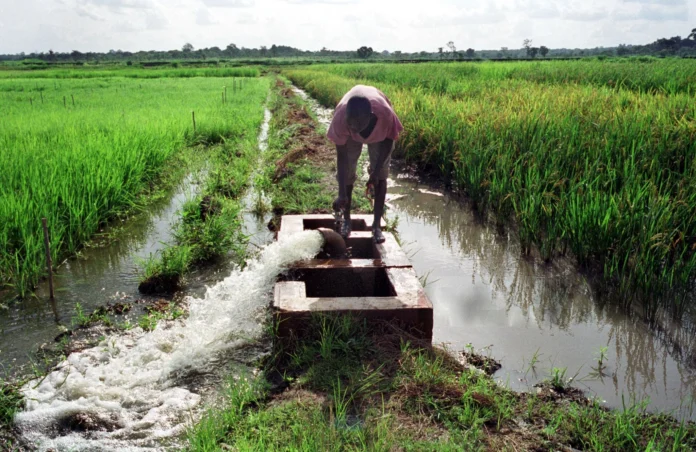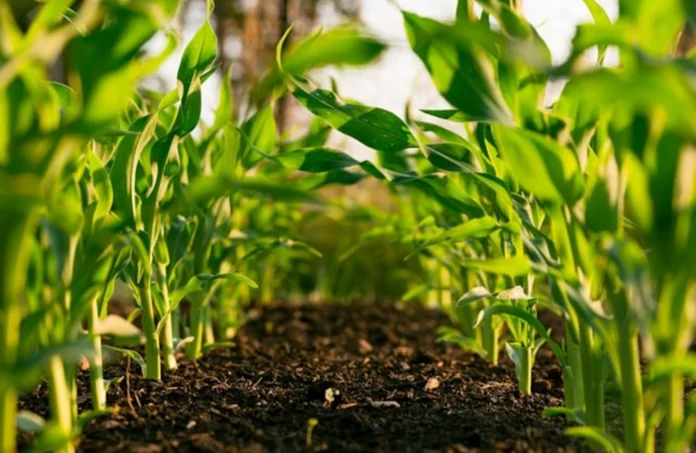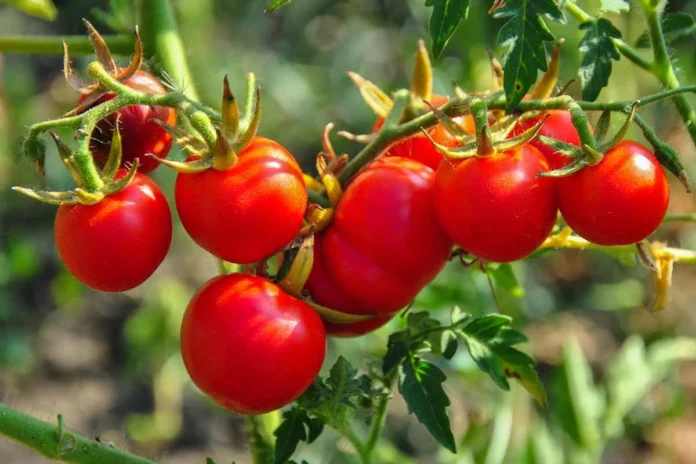
Arabfields, Japan — In an era where sustainability and health are at the forefront of global food innovation, NoMy Japan Co., Ltd., a subsidiary of Norwegian Mycelium AS, has announced a strategic collaboration with Kagome Co., Ltd., one of Japan’s leading food manufacturers. This partnership, revealed in October 2025, aims to explore the development of novel food products utilizing NoMy’s proprietary mycoprotein technology, derived from traditional Japanese koji fermentation. As consumer demand for eco-friendly, nutritious alternatives to conventional proteins surges, this initiative positions mycoprotein as a potential game-changer in Japan’s food landscape, leveraging domestic ingredients to create accessible and flavorful options.
The collaboration comes at a pivotal time for Japan’s food industry, which is grappling with challenges such as an aging population, rising health consciousness, and the need for sustainable agricultural practices. With mycoprotein offering high protein content, fiber-rich nutrition, and a low environmental footprint, the project seeks to evaluate technical feasibility, sensory profiles, and commercial viability for prototype foods. This move not only builds on NoMy Japan’s prior successes but also aligns with broader national efforts to innovate in alternative proteins, potentially establishing a new category of “national strategic” ingredients for the market.
Mycoprotein is a fungi-derived protein source produced through fermentation, often using filamentous fungi such as Aspergillus oryzae, the same mold, known as koji, integral to traditional Japanese staples like miso, sake, and soy sauce. Unlike plant-based alternatives that may require extensive processing, mycoprotein forms a fibrous biomass when fungi are cultivated in nutrient-rich media, resulting in a product with a naturally meat-like texture. NoMy’s version emphasizes sustainability by utilizing waste materials and mycelium strains grown on locally sourced nutrients. Nutritionally, it stands out with high levels of protein (often exceeding 40% by dry weight), dietary fiber, essential amino acids, vitamins, and minerals, while maintaining low fat and cholesterol content. Studies have shown that mycoprotein consumption can support health benefits, including improved satiety, blood sugar control, and cholesterol reduction, making it appealing for health-conscious consumers.
Environmentally, mycoprotein production is resource-efficient, requiring less water, land, and energy compared to animal agriculture. It also enables upcycling of agricultural byproducts, such as sugar beet residues or tomato pomace, into valuable food ingredients, reducing waste and emissions. In Japan, where koji has cultural significance, this technology bridges tradition and modernity, positioning mycoprotein as a “protein of the future” with minimal ecological impact. Recent research, including a 2025 study on converting tomato pomace and other byproducts via fungal fermentation, underscores its potential for sustainable food systems and global food security.
NoMy Japan Co., Ltd., established in January 2024 as the Japanese arm of Norwegian Mycelium AS, focuses on commercializing mycoprotein technologies tailored to Asian markets. The parent company, based in Norway, specializes in high-quality mycoprotein production using selected fungal strains and sustainable feedstocks. NoMy’s approach emphasizes scalability and integration with local agricultural systems, as evidenced by its launch of MycoPrime, a mycoprotein ingredient aimed at revolutionizing the food industry.
Kagome Co., Ltd., founded in 1899, has evolved from a tomato specialist into a comprehensive vegetable company, holding significant market shares in Japan for products like tomato ketchup (over 50%), tomato juice, and vegetable mixes. Headquartered in Nagoya with a Tokyo office, Kagome supplies about 25.3% of Japan’s green and yellow vegetables and actively promotes food education, distributing millions of tomato seedlings annually. Sustainability is core to its operations, with initiatives addressing health longevity, agricultural revitalization, and environmental preservation through a full value chain from farming to sales. Since 2023, Kagome has repurposed plant-based residues from its Fujimi plant, such as those from tomato juice production, for renewable energy, which could extend to fermentation substrates in this partnership.
Announced on October 10, 2025, the joint evaluation between NoMy Japan and Kagome centers on confirming the functionality, flavor profile, and market potential of mycoprotein-based prototypes for large-scale production. The companies will assess technical aspects, including how mycoprotein integrates into Kagome’s product lines, potentially using byproducts like tomato pomace as fermentation media. This could create innovative items such as meat analogs, fortified beverages, or snacks that appeal to health-focused consumers.
NoMy Japan plans to prioritize domestic partnerships, limiting initial efforts to select pilot projects in 2026 as production capacity ramps up. Commercial expansion will follow successful trials, with an eye toward broader market entry. This collaboration marks NoMy Japan’s second major tie-up with a Japanese food giant, following its April 2024 strategic alliance with Nippon Beet Sugar Manufacturing Co., Ltd. (Nitten).
The Kagome partnership builds directly on NoMy Japan’s 2024 demonstration project with Nitten, which successfully produced mycoprotein from sugar beet byproducts. In May 2025, Nitten invested €1.25 million (approximately 200 million yen) in Norwegian Mycelium AS, signaling strong investor confidence in the technology’s scalability. This funding is earmarked for expanding fermentation capabilities in Japan and Europe.
These efforts reflect NoMy’s strategy to adapt its European-rooted technology to Japanese contexts, where koji’s cultural familiarity eases adoption. For instance, blending koji protein with meat can reduce fat and cholesterol while adding heart-healthy beta-glucans, as highlighted in recent Forbes coverage of Japanese innovations.
Japan’s mycoprotein sector is accelerating, with startups like Koji Labo (from the University of Tsukuba) hosting tasting events in 2025 and developing koji-based products. AgroLudens has launched consumer goods using “Comeat,” a mycoprotein from rice protein and koji, available through online stores and pop-ups. Yaegaki Biotechnology, partnering with Dutch firm NIZO, showcased mycoprotein meat prototypes in July 2025, while Nippon Ham explores koji as a direct ingredient.
Despite this momentum, Japan lags behind global leaders, where over 50 mycoprotein companies operate. A June 2024 Foovo survey noted Japan’s relative scarcity of players, but growing interest in upcycling byproducts could spur expansion among agricultural and brewing firms.
Internationally, mycoprotein is booming, with partnerships like Cargill and UK’s ENOUGH, Germany’s Nosh.bio with zur Mühlen Group, and U.S.-based The Better Meat Co. with South American meat producers. Research advancements, such as optimizing Aspergillus oryzae with soy whey, highlight its versatility. As climate concerns mount, mycoprotein’s low-impact profile, coupled with its nutritional edge, positions it as a key player in the $25 billion alternative protein market, projected to grow exponentially by 2030.
As NoMy Japan and Kagome advance their collaboration, the focus remains on creating products that honor Japan’s culinary heritage while addressing modern needs for sustainability and nutrition. With pilot projects slated for 2026, this partnership could catalyze wider adoption, expanding the boundaries of Japanese food culture. In a market shaped by eco-aware consumers, mycoprotein may soon become a staple, offering a delicious, nutritious path to a more sustainable future.












